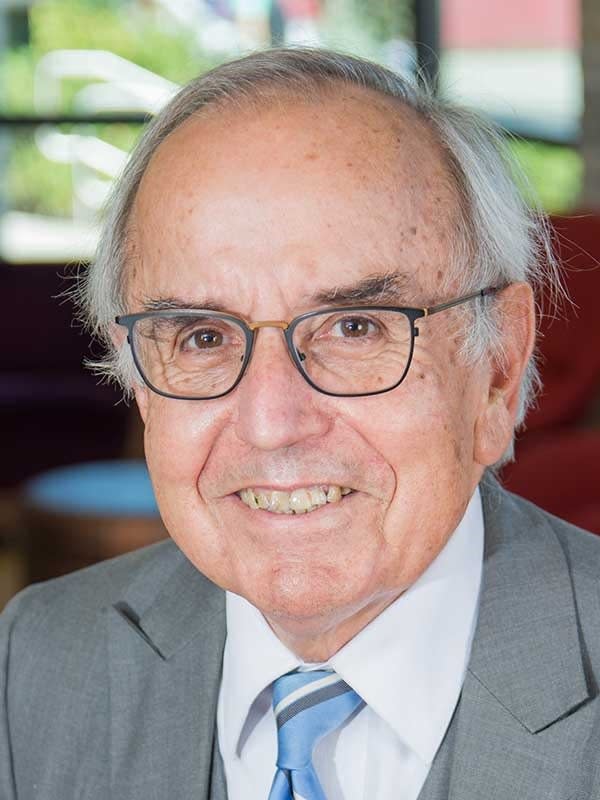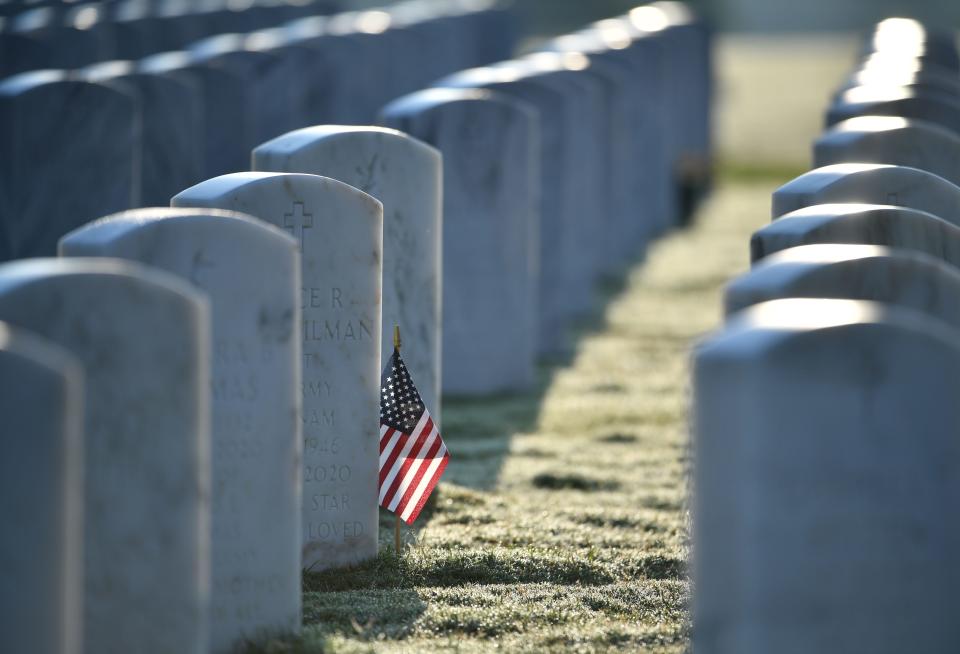OPINION: Memorial Day: A time for reflection - and renewal

- Oops!Something went wrong.Please try again later.
Memorial Day is cause for contemplation as well as ceremonies. Parades featuring people in military uniforms should always be welcome in our country. The truth is military uniforms remind us of the role that war has played both in our past and our present.
From ancient times, parades have been vital to the reintegration of warriors into society. War is profoundly disruptive, disturbing and dangerous. Even the rare soldier who finds combat invigorating and rewarding is in severe need of returning home after the killing ends.
Homer, the chronicler of the Trojan War, was extremely sensitive to this. That's why his great classic was divided into two parts: “The Iliad” focused on the fighting and related associations involving the Greeks and Trojans; “The Odyssey,” meanwhile, described the long voyage home for Greek leader Ulysses and his men – and their immense struggles to put the horrors of war behind them.
During World War II, the legendary Gen. George S. Patton Jr. was also mindful of being sensitive to the realities of armed conflict. Shortly after the surrender of Nazi Germany, a special ceremony featuring Patton and Gen. James Doolittle – another great combat leader who oversaw the first air raid on Tokyo not long after Pearl Harbor – was held in the Los Angeles Coliseum.
While Patton proudly celebrated the accomplishments of his troops in the victorious drive across Europe, he also made it a point to solemnly honor the more than 40,000 soldiers who had lost their lives. And Patton would make similar statements on a regular basis during the remaining months of his own life.

In World War II, people who had been liberated from Axis occupation welcomed Allied troops. The Korean War created strong bonds between the U.S. and the people of South Korea, as well as with the very effective South Korean military. The first Gulf War liberated an oppressed population in the Middle East.
But the Vietnam, Iraq and Afghanistan wars were different. During Vietnam, the Pentagon urged – and sometimes ordered – personnel to practice public anonymity. Opposition to the war became hostility toward our own military. And there was no collective welcome home for the troops returning from Vietnam.
The wars in Afghanistan and Iraq were also controversial – but notably, members of the military did not become targets of open hostility. And today you can see the widespread visibility of uniformed military personnel in communities all across America.
Clearly President Richard Nixon’s decision to end the draft in 1973 helped to create a positive change in how the military has been viewed since the Vietnam War. However, the cycle of frequently sending military personnel on one overseas mission after another has been unfair and counterproductive. It has caused psychological strain along with physical danger for those who serve, and their families suffer heavily. And, on occasion, it has revealed just how segregated the all-professional military can become from wider society.
As it has been for generations, the military is a vital engine for equality and advancement, and the late Gen. Colin Powell is just one example of this honorable tradition. Powell, who came from modest origins, went on to hold some of the most powerful positions in our military and our government. And it's worth remembering Powell's eloquent observation that while he had experienced discrimination in the South, he had never confronted it on a military post. Our military emphasizes merit, and Memorial Day provides the opportunity to recognize its commitment to fairness.
What is also frequently overlooked is the major impact that military members have made as elected officials, and that's one reason why we should encourage more veterans to run for office. We won the Cold War in part because so many members of the World War II generation also served in government. And from the mid-1940s to the early 1990s, every man elected to the presidency – from Harry S. Truman to George H.W. Bush – had served in the military. Today, however, things are starkly different.
Now more than ever, what we need in America is the sort of sensible realism that military veterans often bring to our government and our policies.
Arthur I. Cyr is a distinguished professor at Carthage College in Kenosha, Wisconsin, and the director of the the college's Clausen Center. He is the author of the book "After the Cold War: American Foreign Policy, Europe and Asia."
This article originally appeared on Sarasota Herald-Tribune: Use Memorial Day as a time to reflect - and to celebrate our military

